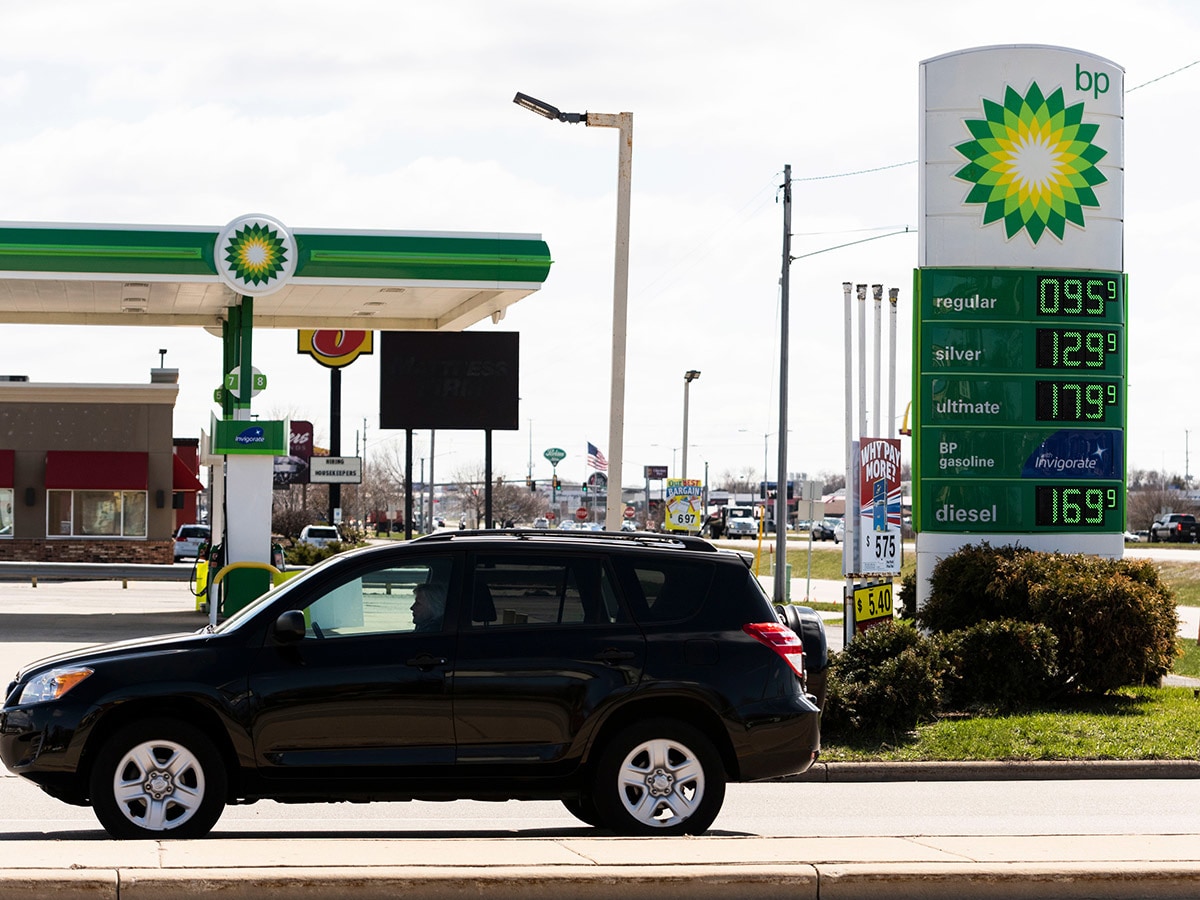With unprecedented activity in the oil market, BP [BP] share price investors must strengthen their resolve after a 66% drop in Q1 earnings.
The oil industry has hit rock bottom. On 20 April, the price of crude oil fell into negative territory, sinking to below $0 for the first time ever. As a leader in the space, BP has undoubtedly been impacted. It’s share price lost 33% from the start of the year to 28 April. But despite this steep fall, it’s not been as bad as some analysts have expected.
So, how did the company — and its share price investors — respond to recent events as it reported Q1 earnings on Tuesday 28 April?
Q1 financial impairment no surprise
In a market update at the start of April, BP chief executive Bernard Looney said the world is currently experiencing “the most brutal environment for oil and gas businesses in decades”, as the coronavirus pandemic has halted travel and, therefore, slashed demand for oil supplies.
As a result, the executive had adjusted some figures for Q1 and cut BP’s planned capital expenditure by around 25% from previous guidance to $12bn. He had also warned of a probable $1bn in financial impairment.
While the company does expect to have an impact on Q1 results, the executive said “there was no significant operational impact” for the quarter, but that this may change for Q2.
Elsewhere, Upstream and Downstream production was expected to come in lower than Q4, with Downstream first-quarter results “to be impacted by significant and growing decline in demand for fuels, jet fuel and lubricants as countries implemented significant measure to address COVID-19”.
As it happened, BP reported a 66% drop in Q1 earnings, relative to the same period last year. BP’s underlying replacement cost profits - the company’s label for net income - came in at $791m, that’s against a relatively mammoth $2.4bn in the same period last year.
66%
BP's drop in Q1 earnings compared with same time last year
Despite the threat to BP’s revenue generation, the firm did manage to maintain its dividend at 10.5 cents a share as, like many of its UK and industry peers, the oil giant moved heaven and earth to protect shareholder payouts.
How did BP perform in Q4?
With figures expected to come a little lower than Q4, it’s worth looking at how BP performed for that quarter.
The UK-based oil and gas company reported better-than-expected results in February. It posted full-year underlying replacement cost profit, used as a proxy for net profit, of $10bn in 2019. This is 21% lower than 2018’s $12.7bn profits, but still welcomed by analysts who had expected the figure to come in at $9.7bn, according to CNN.
BP also reported that it had reduced its net debt by $1.1bn for the quarter, achieving a debt-to-equity ratio of 31.1%, down from 31.7% at the end of the previous quarter. The company increased its quarterly dividend by 2.4% to $0.105 cents per share for the quarter.
| Market Cap | $76.828bn |
| PE ratio (TTM) | 20.44 |
| EPS (TTM) | 1.18 |
| Quarterly Revenue Growth (YoY) | -6.40% |
BP share price vitals, Yahoo Finance, 29 April 2020
Reasons to be cheerful
While the recent downturn in the oil market is a major event BP, being an integrated company that operates a full oil supply chain, can survive this recent commodity pricing collapse, according to Ian Bezek, writing in InvestorPlace.
“Controlling the process from end-to-end gives BP a great deal more flexibility,” he says. “Integrated oil giants such as ExxonMobil [XOM], Chevron [CVX] and BP have survived past oil busts precisely because they are giant companies that derive profits from many different sources within the oil and gas industry.”
A bigger worry, however, is the broader trends in the energy market, which will remain once these headwinds pass. Oil was on the way down even before the coronavirus pandemic took hold, and is now looking at a possible long-term challenge as fewer people are likely to fly for the foreseeable future.
For BP, this will create “a challenge to generate enough cash to pay dividend and grow operations even with oil up”, says Bezek.
“Today is almost certainly not the right day for adding more exposure to BP and other energy stocks,” he says.
“Today is almost certainly not the right day for adding more exposure to BP and other energy stocks” - Ian Bezek
BP a buy ahead of Q1?
At the moment, it seems that the investment world is split between potentially buying the dip in BP’s stock, to avoiding it for the short-term.
Steve Reitmeister, writing in Stock News, names the stock as one of three “buy the dip” oil stocks for the long-haul.
“The bottom line is BP has the solid credit rating and financial flexibility necessary to strategically pivot as necessary during the oil industry crisis,” he says. “Patient investors should be handsomely rewarded when the dark cloud of the Covid-19 starts to blow away.”
“Patient investors should be handsomely rewarded when the dark cloud of the Covid-19 starts to blow away” - Steve Reitmeister
Continue reading for FREE
- Includes free newsletter updates, unsubscribe anytime. Privacy policy





